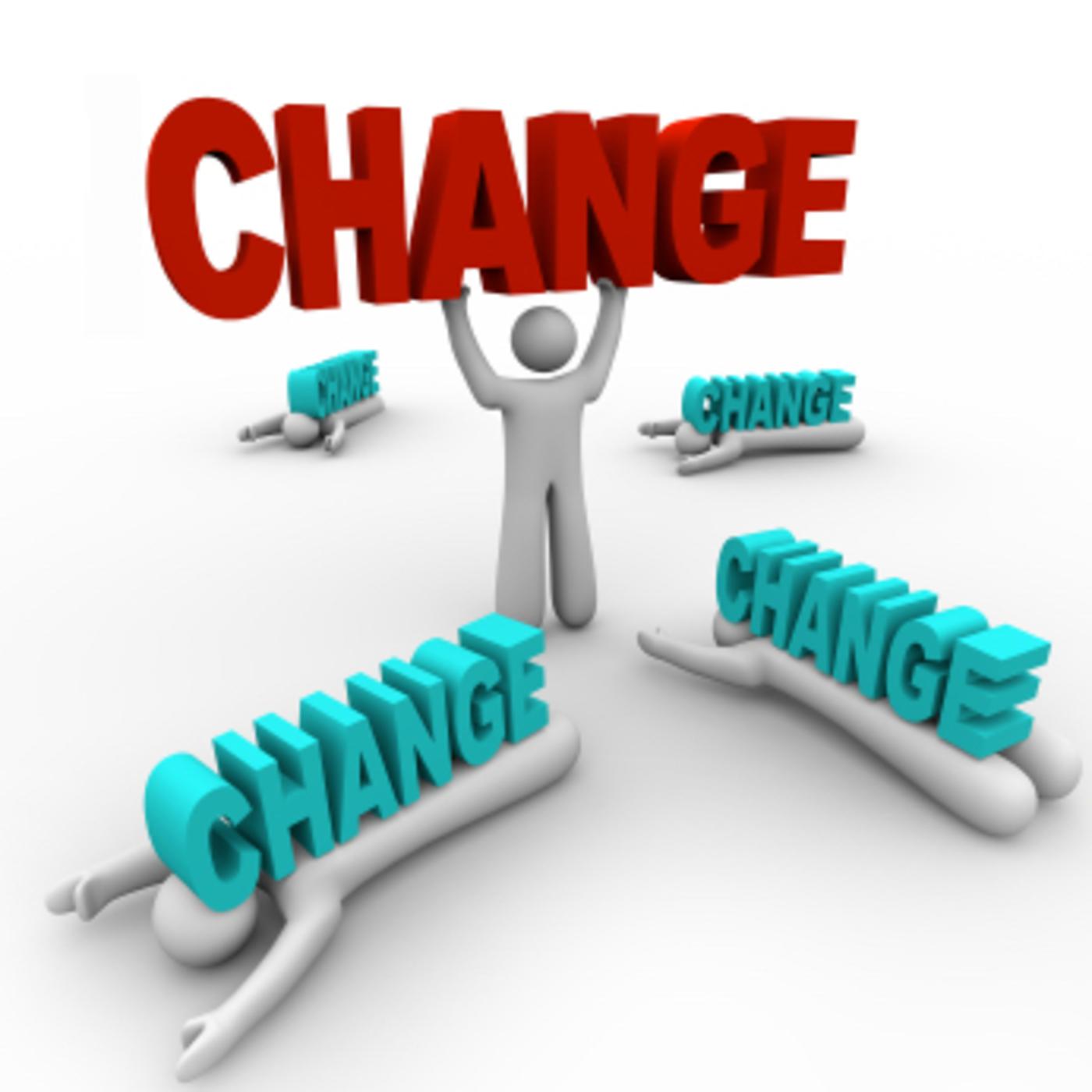
The past two years have forced business leaders to embrace a ‘changing and ever-evolving business model’, to adapt to constantly changing circumstances. Many businesses have had to implement various large-scale change initiatives with little to no preparation out of sheer necessity to survive (downsizing, work from home, and other such flexible arrangements). HR professionals have played a key and impactful role in the success of organizations that embraced change pre-and-during the Covid-19 pandemic by enabling them to transition between states of change at the drop of a dime, in the during-pandemic world, for example. HR professionals are your ‘ear on the ground’; they have the pulse of your people! (We have a certain Spidey-Sense, too!)
Several emerging (read: now) trends are impacting organizational life in the workplace. Of these trends, five are particularly relevant: (1) remote work, (2) changing workforce demographic, (3) changed expectations of the current workforce, (4) improving productivity and (5) workforce diversity.

If not managed properly, these five trends will create problems for everyone; particularly now as we go through the various waves of change (whether forced or planned) which are upon us.
We want to ensure that we do not remain stagnant, we want to continue to grow, look and plan for the future; to ensure we are doing what is right for our people in their organizational life, but also for our businesses, to stay competitive and relevant.
Change is growth. It is relevance. It is innovation. But – it is also unfamiliar; therefore, uncomfortable. It is ‘scary’ and frightening. Fear of losing control, feeling powerless, fear of the unknown—we prefer the comfort of the ‘known’ because it is safe.
Think about the opposite of change and innovation. “Stagnation: the state of not flowing or moving. Lack of activity, growth, or development.”
This is not where businesses want to be today. Leaders who look inwardly and assess and tweak their business plans to accommodate, and pivot with, the changing markets, and the changing world we live in, will survive and flourish.
If managed properly, change can be exciting, exhilarating, rejuvenating and prosperous.
HR professionals are impactful in change management success:
- Messaging & Communication Strategy: Strategic communication/messaging increases compliance without risking morale. It also comes from the top-down. Transparency is key.
- Proactive Resistance Management: A people-centric HR professional who understands the business but has fostered positive employee-employer relations in the organization has insight into who may be resistant to change and why. HR can bridge the gap between the requirements of the change and how that change is personally impacting employees; and can communicate and plan accordingly.
- Support and Boost Employee Morale: HR supports employees and maintains a positive morale by listening to employees and validating their concerns (leading with empathy), providing answers to questions, giving reassurance, and advocating on the employee’s and the employer’s behalf. We are change agents.
- Facilitate Change Initiatives: HR supports and promotes change by fully engaging in the process, providing training, info sessions and workshops on the change, coaching leaders in their role as drivers for the change, preparing communication strategies in alignment with organizational leaders’ strategies and ensuring transparency throughout the change management process.
- Progress and Feedback: HR helps develop, drive, and monitor the agenda for change and keeps leaders informed (remember, we are your ‘ear on the ground’). HR professionals can ensure that implementation across departments and functions is consistent. Your HR professionals are your best bet for receiving invaluable ‘intel’. They can gather feedback from managers and employees regarding how the change is progressing and overall feelings about the change. They can then tweak strategies along the way as needed.
Why effective change management matters:
Employee resistance to change is perhaps the #1 reason why change initiatives fail to achieve their desired results. According to Forbes, the reason some employees are so resistant to change has to do with how employees use their life history, previous experiences, and personality predispositions to interpret and react to change events. A survey by LeadershipIQ found that 62% of people are resistant to change due to the negative thoughts and beliefs they associate with leaving their comfort zone. Whether an employee is being assigned a new boss, being relocated to a new office space, or is impacted by a new company-wide policy, a large part of why change is so difficult for some employees is because it requires them to leave their comfort zone and adapt their existing behaviors and habits to the change in their environment.
So, what does change resistance look like? Change resistance can take many forms, including general complaints and criticism, sarcastic remarks, missed meetings, failed commitments, and even sabotage. If left to fester, these change resistance indicators can quickly lead to more insidious and widespread issues such as workplace toxicity, diminished employee morale, and increased employee turnover.
A study published in the Human Resources Management International Digest found that employee resistance to change was positively correlated to employee turnover intentions and that the relationship was largely compounded by feelings of burnout. The study also found that high levels of perceived organizational support played a substantial role in reducing the strength of the relationship between change resistance and turnover intention. To avoid the negative side effects of change, members of the change management team should lean on their understanding of their people and utilize their E.Q. to develop strategies to support employee wellbeing during and after the change. This is an area where HR professionals shine, as they already seek to understand and manage how work-related matters impact employees ‘on the daily’. Due to the nature of HR’s role and relationship with employees, HR professionals often have greater insight than other members on the change management team as to who may be resistant to a particular change and how to overcome that resistance. When it comes to knowing each personality type in the organization, this expertise can be invaluable in identifying and mitigating potential resistance and the associated complications.
Without effective change management, implementing organizational change can be both turbulent and expensive in terms of time and resources. Effective change management enables employees to better understand and commit to organizational change initiatives and to work effectively during periods of change. Change management strategies, particularly proactive resistance management, are critical in the success of any change initiative because it allows for issues to be anticipated and resolved before they turn into complex and costly problems for the organization.
Still wondering why change management matters? Research by Prosci found that change initiatives using effective change management strategies are 6 times more likely to meet objectives than those with poor change management strategies, and; applying poor change management strategies correlates with better success than applying none at all! Practicing change management is essential for organizations looking to survive and thrive in today’s ever-changing world.
Why more businesses need to start embracing change:
Whether we are talking about personal development or business development, change is a necessary part of growth. Just as change pushes us to evolve as people, change drives businesses to progress and adapt. The COVID-19 pandemic has forced many businesses to adopt an “adapt or die” mentality as a means of survival, but forward-thinking organizations that embrace change as a part of their culture have used this mentality to prosper (even before the pandemic). After surveying more than 200 C-suite leaders and entry-level employees from 117 companies across all Fortune 1000 industry sectors, RGP CEO, Kate Duchene concluded:
“It’s not just the unexpected macro events like the pandemic that create extraordinary organizational challenges – even expected change can create uncertainty. It is essential for businesses to see change not as a burden or threat, but as an opportunity for growth and innovation. This requires a recipe for agility that is characterized by radical empathy, democratization of power, broadly distributed knowledge, nimble financial mindsets, a culture of flexibility and a foundation of continuous listening.”

“The art of life lies in a constant readjustment to our surrounding.” Kakuzo Okakura (The Book Of Tea)

Effie Tsergas
Founding Principal, Managing HR Director
Effie Tsergas has been a champion of positive organizational behavior for over twenty-five years. She is theFounding Principal and HR Management Consultant of Tsergas Human Capital.

Cierra James-Hahn
Senior HR Management Consultant
Cierra is an experienced human resources professional with a comprehensive background in recruitment and onboarding, contract writing, compensation and benefits, health and safety, and policy development.